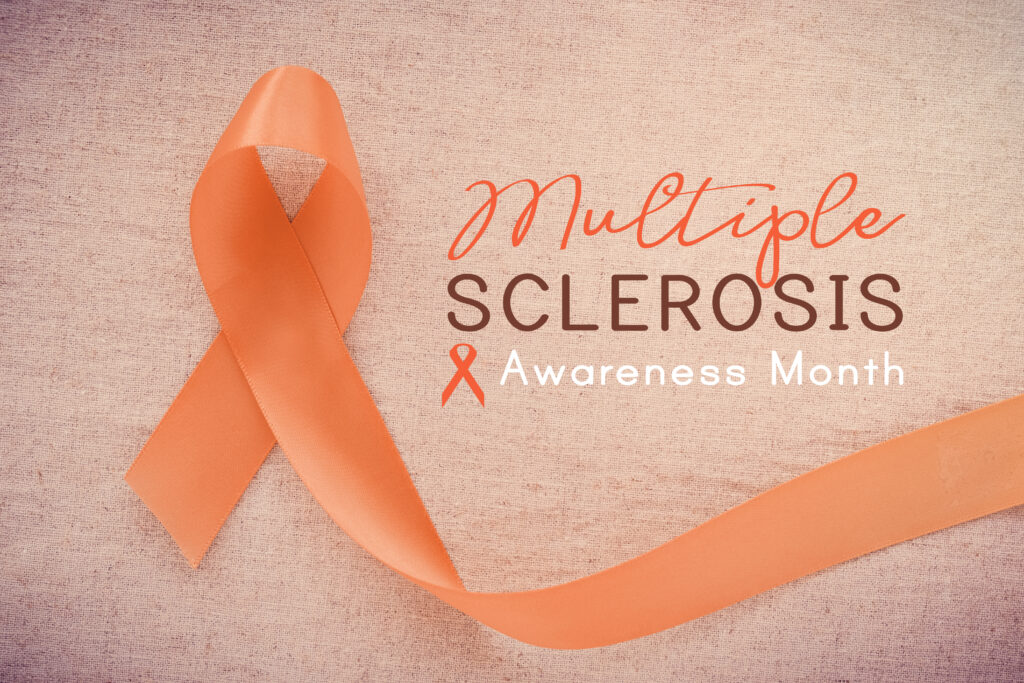MS Awareness Month 2025
MS Awareness Week is observed annually to educate the public about multiple sclerosis (MS) and to support those affected by the condition. In 2025, MS Awareness Week was celebrated during March 9–15. This week serves as a dedicated time to raise awareness, share personal stories, and promote research efforts aimed at finding a cure.
When MS Hits Home
My journey with multiple sclerosis began long before I studied it in medical school—it started at home, with my mother’s diagnosis, Patricia Gilmore. For 12 years, she was misdiagnosed with labyrinthitis, enduring severe vertigo, chronic fatigue, numbness, tingling, and debilitating migraines triggered by light. One morning, she got out of bed and collapsed. Her legs wouldn’t support her, her vision blurred, and her speech slurred. It was terrifying but through the grace of God, we knew His blessings would pull her through. We rushed her to the emergency room and after her we received the diagnosis of multiple sclerosis. By then, she was already paralyzed and immediately started on high-dose steroids. MRI criteria for diagnosing MS was not part of the diagnostic process until 2001.
She had relapsing-remitting multiple sclerosis, which was an unpredictable condition. This is opposed to two different types of progressive multiple sclerosis, which can gradually worsen with few or no periods of remission.
At times, she lost all mobility, was paralyzed, only to regain some function later—but never quite the same. Through physical therapy, she went from a wheelchair, to a walker, progressed to a cane, and eventually started walking independently. Once correctly diagnosed, she was placed on high-dose steroids. Traditional MS medications didn’t work for her, so her neurologists treated her symptoms. She was a dedicated charge nurse in the Emergency Room and Intensive Care Unit, but overtime she had to leave those very busy areas. She later switched to overseeing IV therapy, teaching other nurses how to start IVs.
Now retired, her recent neurologist tested her for Neuromyelitis Optica (NMO), as many patients are misdiagnosed with MS. The results were negative and her doctor reassured her that at her age, another severe episode was unlikely. Today, she enjoys traveling and spending time with family, friends, and fur baby Elle, using a cane, walker, or scooter when needed.
Through her, I’ve witnessed the unpredictability of MS and the resilience it demands. Some days, she’s energetic and active. Other days, even simple tasks are exhausting. Watching her navigate these challenges shaped my understanding of MS—not just as a physician, but as a daughter. Her journey fuels my passion to raise awareness and advocate for those affected by this disease.



